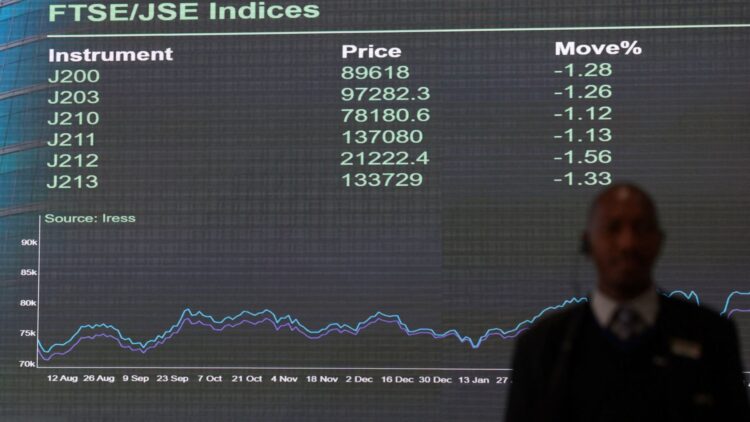South Africa has also felt the heat when it comes to these tariffs placed and initiated by the Trump Administration. The challenging global environment has put exporters in a difficult position. Businesses that rely on overseas markets have been treading carefully financially due to a variety of factors, including shifting weather patterns, logistical difficulties, and escalating tensions in international commerce. South African exporters, especially those that sell to the United States, have now had to prepare for the effects of recent changes in international tariff rules.
As the US levies a high 30% tax, South Africa rushes to protect businesses
South Africa on Monday outlined support measures for local companies that will be hit by a 30% U.S. tariff this week, including exemptions from some competition rules and financial support facilities. It also dismissed speculation that its failure to negotiate a lower tariff was because of its local affirmative action policies, which U.S. President Donald Trump has criticised.
Africa’s biggest economy has tried for months to negotiate a deal with Washington, offering to buy U.S. liquefied natural gas and invest $3.3 billion in U.S. industries in a “framework deal” proposed to Trump’s team. But the effort was unsuccessful, even after Pretoria made a last-minute attempt to improve its offer. Additional modifications might be required in the future. South Africa will just need to fight a little harder this time around.
SA warns of widespread job losses as important industries are impacted by US tariffs
South African officials say the U.S. tariff could cause tens of thousands of job losses, especially in the agriculture and carmaking industries, as Trump pushes to reshape global trade in favour of the United States. Addressing a press conference, South Africa’s trade and foreign ministers said a “block exemption” from some aspects of the Competition Act was being developed that would allow competitors to collaborate and coordinate.
They said the exemption would be published by the end of this week. The government is also working on a support programme, which will include a working capital facility and plant and equipment facility, and ways to cushion the impact of job losses via the Unemployment Insurance Fund. The ministers said South Africa posed no “trade threat to the U.S. economy nor its national security.”
This is how the government of South Africa is assisting
An emergency intervention to increase the competitiveness of South African commodities overseas, particularly in the U.S. market, is at the core of this proposal. South Africa was forced to lessen the impact of new American tariffs that increased taxes on a variety of items, including metals and automobiles. Additionally, the government is planning to reduce these three things:
- Lowering trade restrictions, particularly for exporters who are small and medium-sized.
- Keeping expenses down to keep South African goods reasonably priced abroad.
- Encouraging adherence to U.S. trade regulations to increase export readiness. Perhaps it was something that was talked about during the G20 meeting in South Africa amid tariff worries.
Foreign Affairs Minister Ronald Lamola did not want to focus on speculation that the country faces such a high tariff because of points of tension with the U.S., like its policies to address racial inequality or the genocide case against Israel at the World Court, which Trump opposes. He said SA would continue to engage with U.S. counterparts on the basis of the framework deal it had submitted. Trade officials said an export support desk would try to help companies enter new markets. It is important to know that everyone is affected by this, but Trump is unlikely to enforce the full tariff threat on Russian oil.
GCN.com/Reuters.


